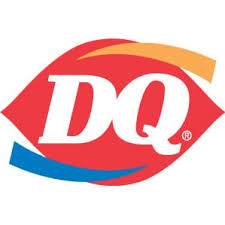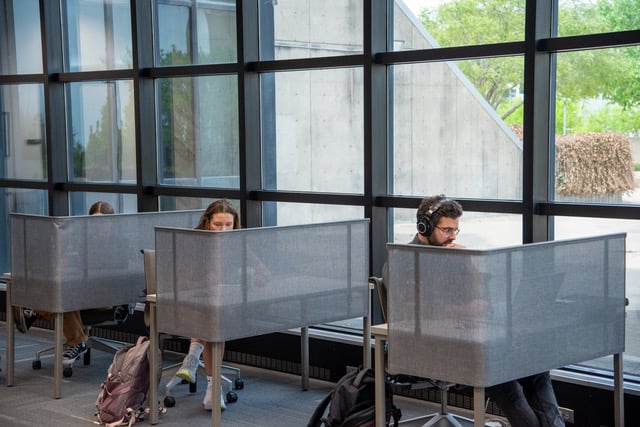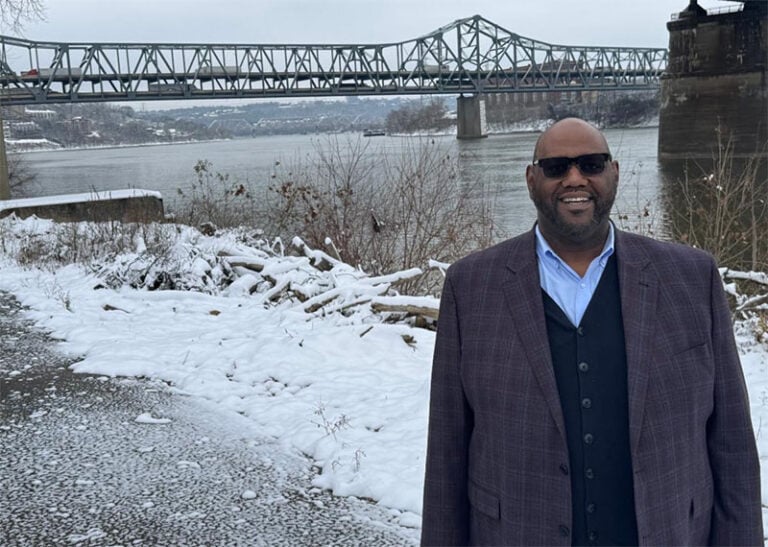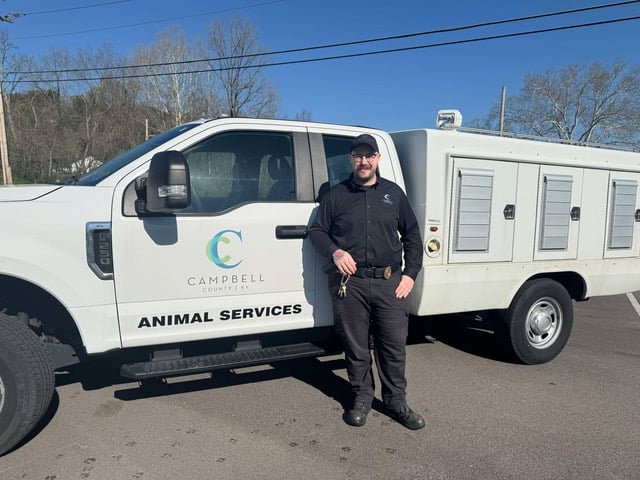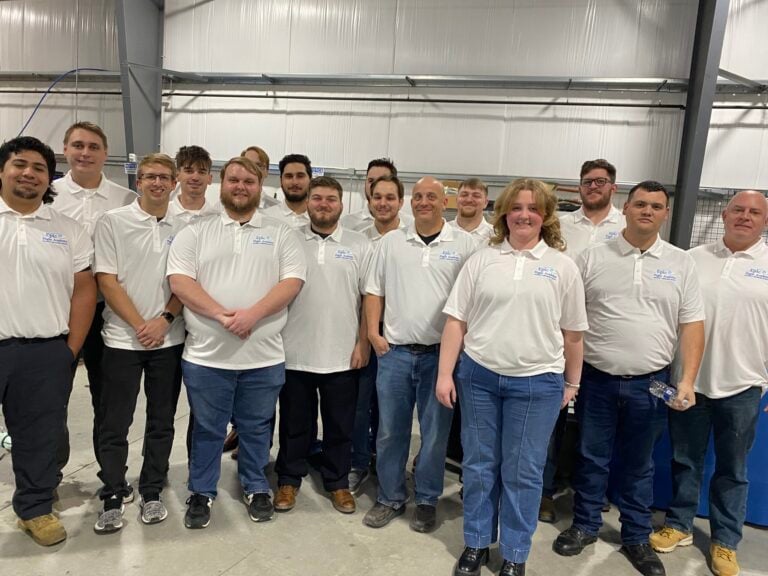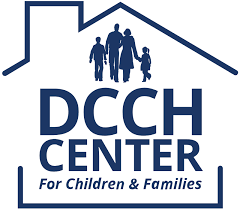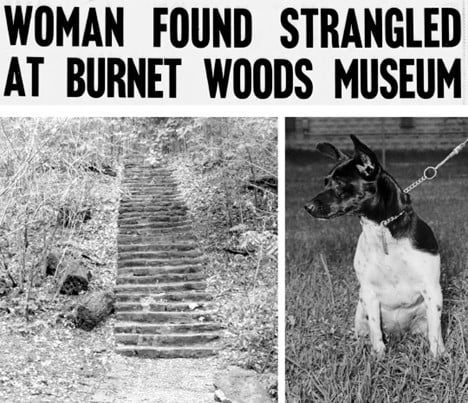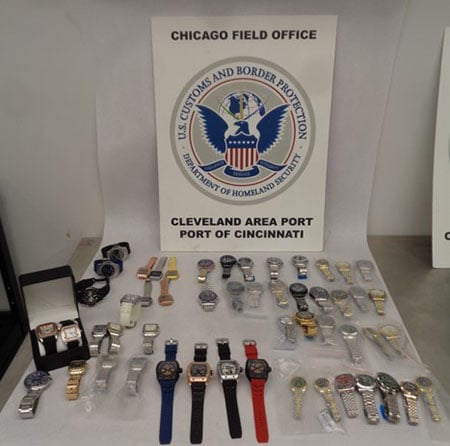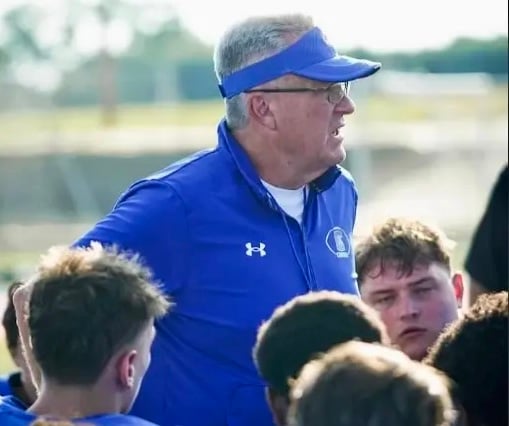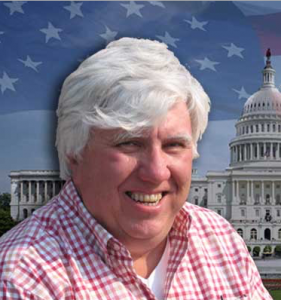By Vicki Prichard
NKyTribune reporter
Herbert Patrick doesn’t know what he would do if he couldn’t get the medicine he needs for his blood pressure.
Thanks to the Faith Community Pharmacy, a charitable free pharmacy, he will not have to do without.
“Those people at Faith Community Pharmacy, they are so wonderful. It’s amazing,” says Patrick. “They’re number one in my book.”
Patrick, who worked nearly 20 years driving a large rig then worked in sanitation for ten years, is representative of the many clients who find themselves in need of Faith Community Pharmacy’s free medications. He drives from his home in Crittenden to the pharmacy’s Florence location once a month to pick up his medications.
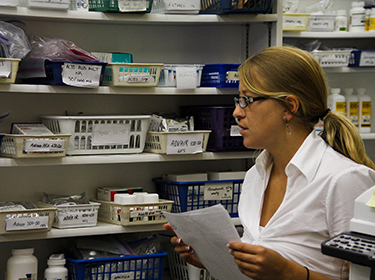
“These are people that have worked hard their whole lives, or have been successful, but they’ve fallen into a health crisis,” says Tara Leen, executive director of Faith Community Pharmacy.
Leen says their clients are generally living on a fixed income and find themselves in a perfect storm of financial and physical needs.
“We have so many people who honestly say, ‘I haven’t been paying my electric bill because of my medication,’ or, ‘I haven’t been taking my medication because I need my electric paid, or I need to buy food, or pay my rent,’” says Leen. “It’s just a terrible cycle to be in.”
Absent a ‘face’ or ‘poster child’ of the organization and the population it serves, understanding that very real need can be difficult for the casual observer.
“Rosana always said that we don’t have a child that’s the face of our organization – we don’t have someone who pulls the heartstrings. And until you’re in this situation, you don’t really understand that,” says Leen.
Lifting the burden
The driving principle behind Faith Community Pharmacy is to remove the burden from its clients, and has been so since pharmacists Rosana Aydt and Mary Beth Beimesch founded the pharmacy in 2002.
Aydt passed away last week, but the legacy of care that she put into place remains as relevant today as it did nearly 15 years ago when she and Beimesch founded what was then called St. Vincent de Paul Community Pharmacy.
“This was Rosana’s life — this pharmacy was her life mission,” says Leen. “She gave countless hours and saw this place through so many progressions.”
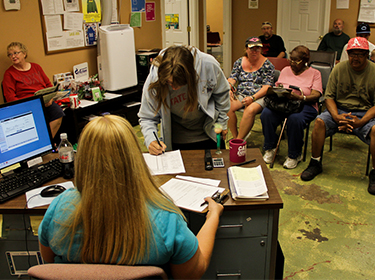
Aydt was on medical leave in the late 1990s, undergoing chemotherapy for cancer, when the she became aware of the concept of a free pharmacy; St. Vincent de Paul in Baton Rouge, LA had a free pharmacy and Aydt thought it might work in Northern Kentucky.
She and Beimesch worked with the Kentucky State Board of Pharmacy to change state law so as to allow physicians to dispense their pharmaceutical samples to them. They set up the free pharmacy as a nonprofit and wrote grant proposals to receive generic medications.
Rx relief
Once a client is referred to the pharmacy its staff helps them receive medication — to the extent that they can provide it – free of charge. It is the only charitable pharmacy in Northern Kentucky providing free medications to uninsured residents in need; its success – and the critical role it plays – has not gone unnoticed. The pharmacy has served more than 6,500 clients and distributed $37 million in free medication since 2002.
Four years after its founding, the pharmacy was the first non-profit to receive the Northern Kentucky Chamber of Commerce’s small business success award. In 2007, it received the Community Services Collaboration of the Year Award from the Northern Kentucky Community Action Commission.
By 2009, the pharmacy had changed its name to Faith Community Pharmacy, and in 2010 it relocated from Erlanger to Florence, acquiring additional workspace as the pharmacy continues to serve more clients.
Investing in the important intangibles
Last month, Faith Community Pharmacy was one of 16 charitable recipients of a Community Foundation of Northern Kentucky grant when the foundation dissolved and distributed its remaining $8.3 million in funds and assets. The pharmacy received $150,000 in unrestricted funds. Leen says the money from the Community Foundation is huge for their organization, and points out that it’s often difficult for foundations to give operational funds.
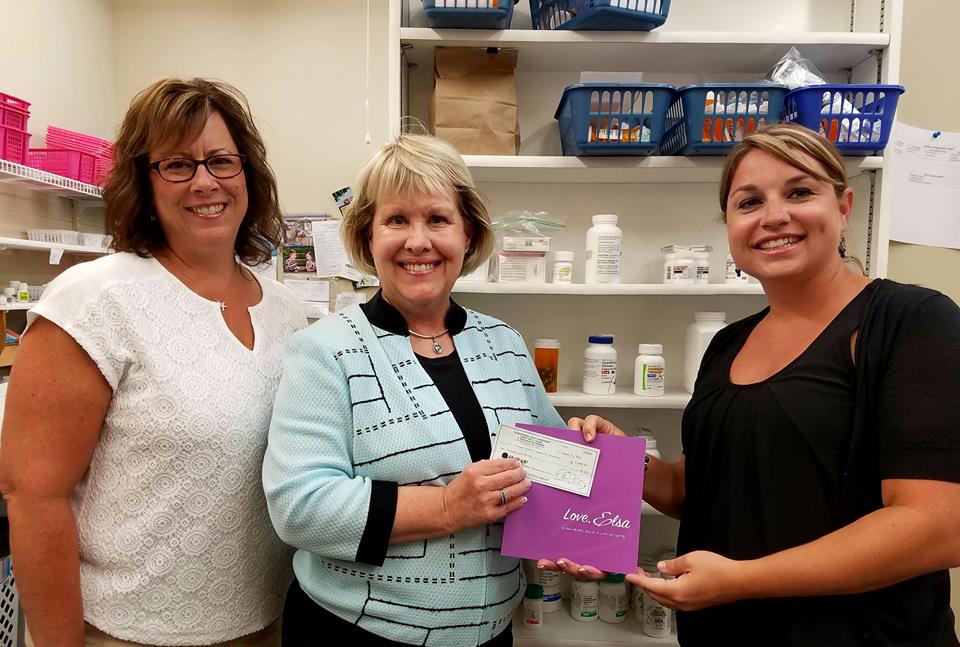
“In our industry, as in any other industry, there are always bad apples that don’t use funds for appropriate things – for things that they shouldn’t. I think that’s why foundations scrutinize where the dollars go,” says Leen.
“They don’t want to give to things like that because they’re not tangible things that you can see,” says Leen.
But the intangibles, she says, are critical.
“For organizations like ours that are all fighting for the same funds in this community, it’s vital that we have operational money. For us, specifically, we provide one thing – free medicine. So, it’s hard for me to create other things to find funding for when that’s the thing we do,” says Leen.
That, she says, can create a bit of a “Catch 22.”
“We work really hard to get donations of medication to keep our costs for generics down,” she says. “On one side we’re looking for donations, on the other side we’re limiting how much grant money we can ask for the purchase of the generics. It’s constantly a battle. The money we get for the purchase of medicine is used that year and then it’s gone. Any unrestricted funds we get goes toward balancing our budget and hoping at the end of the year that we’re not at a deficit and we’ve served everybody that has come through our door.”
Geography of care
The pharmacy serves 14 counties in the geographic boundaries of the Diocese of Covington. The counties include Boone, Campbell, Kenton, Grant, Owen, Carroll, Gallatin, Pendleton, Mason, Bracken, Robertson, Lewis, Harrison, and Fleming counties. Currently, they have clients from 11 of those counties.
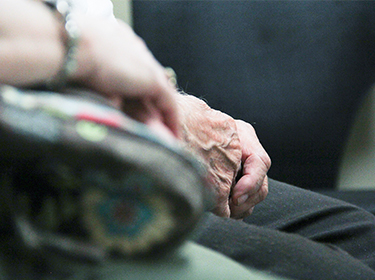
“The largest portion are in Boone, Kenton, and Campbell, but we do have an outreach program and we take medications down to Carrollton and Falmouth,” says Leen.
“We actually deliver to Covington and Newport too because we find that inner cities and rural areas are where transportation hardships are.”
The pharmacy partners with community providers such as St. Elizabeth Healthcare, Health Point, Christ Hospital and NorthKey.
The program is open to anyone with insurance with family income at or below 200 percent of the Federal Poverty Level
Lasting impact
Leen, who was the pharmacy’s director of development before becoming executive director, says the Community Foundation grant will allow the pharmacy to explore the need for additional outreach locations and delivery services, but it will also critical in other areas that foundations don’t always fund. She says grants typically fund specific programs – innovative ideas, capital campaigns – but not salaries and overhead.
She says the grant will allow them to strategize as an organization and decide where that money is going to go so that it has a lasting impact on outreach.
“Unlike a program grant that you use one time and it’s gone, this money will have an impact on our organization for years to come, says Leen.
The Faith Community Pharmacy serves about 500 clients per month with a lean staff of three full-time employees and three part-time. The pharmacy is also a rotation site for University of Cincinnati pharmacy students, which provides them with two students each month. Leen says students work on referrals, filling prescriptions and counseling clients.
A loyal base of volunteers is equally critical to the pharmacy’s workings.
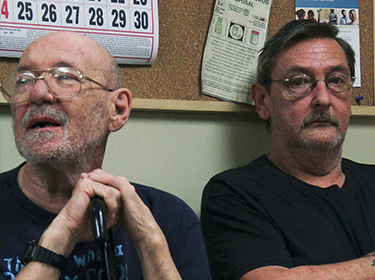
“We have about 40 volunteers that we utilize for different things such as working on events, and high school students who make copies and do admin things,” says Leen. “We’re very fortunate to have a really loyal group that work with us on a weekly basis.”
Among the items at the top of Leen’s wish list for the pharmacy include flu shots for their elderly population.
“Now that we have a pharmacist who is clinically trained, they can give the flu shot and we don’t have to have a waiver,” she says.
Like Aydt, Leen’s commitment to the pharmacy and its mission runs deep. She initially got involved as a donor herself. At the time she was helping her grandparents navigate through Medicare and supplemental insurance when she met Aydt’s daughter who told her about her mother’s work.
“I thought, ‘wow, that’s awesome,’” says Leen. “When I saw that someone was doing this, especially for the elderly in our community, it really touched my heart.”
She became passionate about the mission, became a donor and ultimately the director of development. After a while, Aydt, who recognized Leen’s passion to the pharmacy’s mission, became a mentor to her, preparing her to step in when Aydt retired.
“My grandfather passed away a week after I started here. It sparked that passion in me because I wanted to help people because I wasn’t able to help him,” says Leen.











